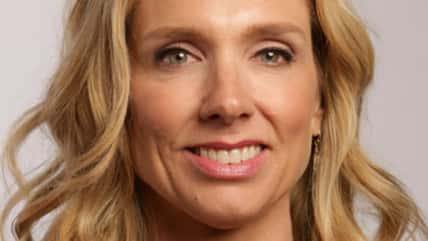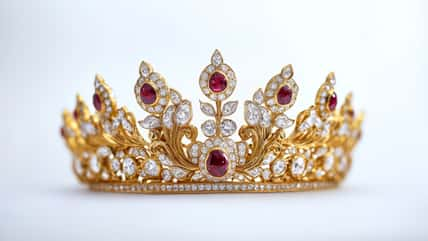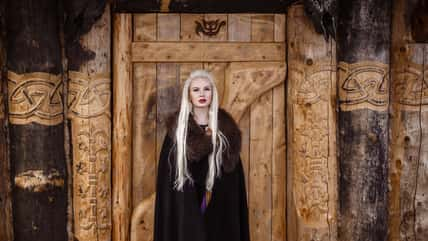In 1963, She Pushed John F. Kennedy To Sign The Equal Pay Act, Paving The Way For More Accessible Opportunities And Success For American Women

It’s no secret that America still has a long way to go to give women equal opportunities as men.
However, so many women in history have fought their hardest to make success and opportunities more accessible to women in America.
One of those was Esther Peterson, the woman who pushed John F. Kennedy to sign the Equal Pay Act in 1963.
Esther was born in Utah in 1906 and grew up in a Mormon family. She attended Brigham Young University and graduated in 1927 with a degree in physical education. Then, she moved to New York City to get her master’s at the teaching college of Columbia University in 1930.
After marrying her husband, Oliver Peterson, the couple moved to Boston, where she worked as a teacher and volunteered at her local Young Women’s Christian Association (YWCA). While working in Boston, Esther learned more about the brutality of racial and gender discrimination.
For instance, Black women were not permitted at her YWCA, but she called them out, especially because they boasted about equality and justice. As the years progressed, Esther became passionate about equal treatment and opportunities for women, particularly mothers and teachers.
Esther joined the American Federation of Teachers in 1938 and became a mother that same year. The next year, she joined the Amalgamated Clothing Workers Union and helped establish the National Labor Relations Board. In 1944, Esther became the National Labor Relations Board’s first lobbyist in Washington, D.C.
Esther and her family eventually relocated to Washington, D.C., where she started passionately lobbying for a raise in minimum wage. She met John F. Kennedy in the 1940s, and when he was elected president, he made her Assistant Secretary of Labor and Director of the United States Women’s Bureau.
Esther was known for hosting hearings to listen to the stories of working women around America, talking to them about their wages, responsibilities, lifestyles, and challenges. She pushed for the Kennedy administration to do more research on women’s lack of equality in America, especially when it came to wages for minority women who faced both racial and gender discrimination.

LIGHTFIELD STUDIOS – stock.adobe.com – illustrative purposes only, not the actual people
Through the President’s Commission on the Status of Women, which she founded, reports outlining the lack of fair wages and daycare for working women highlighted the country’s inequalities. She was very passionate about these issues, especially since, during that time, she was a working mother of four children and had to pay for childcare.
When Congress was introduced to the Equal Pay Act, legislation nearly 100 years in the making, Esther pushed for it and was very vocal about its importance. The act prohibited wage discrimination and would force employers to pay male and female employees equal wages for roles that required the same skills.
Thankfully, President Kennedy signed the Equal Pay Act into law in 1963. That same year, he named Esther assistant secretary of labor for labor standards, and she became the highest-ranking woman in the Kennedy administration.
Esther continued fighting for equal rights and social justice years after the Kennedy administration, lobbying and even working as the Special Assistant for Consumer Affairs for President Lyndon Johnson and Director of the Office of Consumer Affairs for President Jimmy Carter.
Esther received the Presidential Medal of Freedom for all her brilliant work in 1981 and became a delegate of the United Nations in 1993. She lived out her final years in D.C., the heart of the U.S. government, until she died in 1997 at 91.
It’s hard to imagine what would’ve happened to the fate of the Equal Pay Act if Esther hadn’t pushed so hard for it, which is why it’s important to remember all of her amazing work.
Sign up for Chip Chick’s newsletter and get stories like this delivered to your inbox.
More About:Chicks We Love





